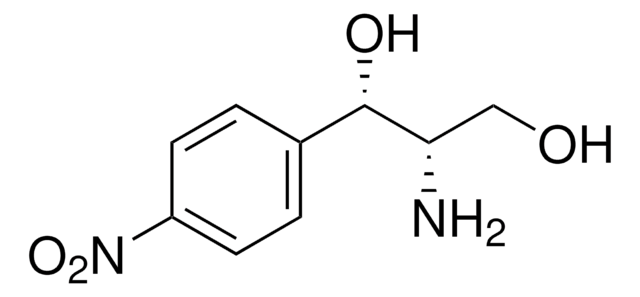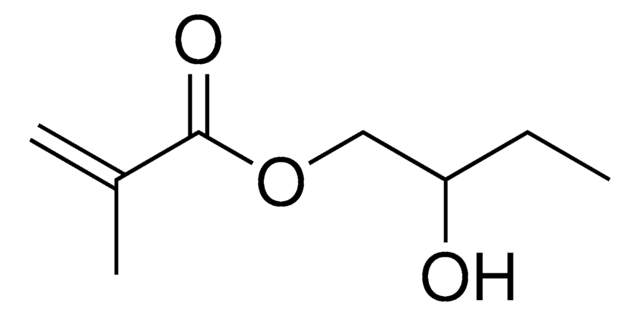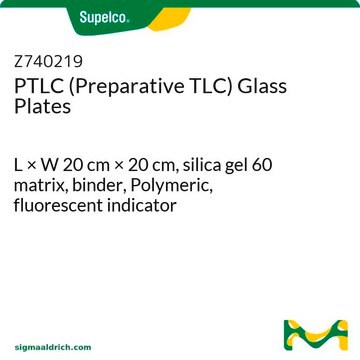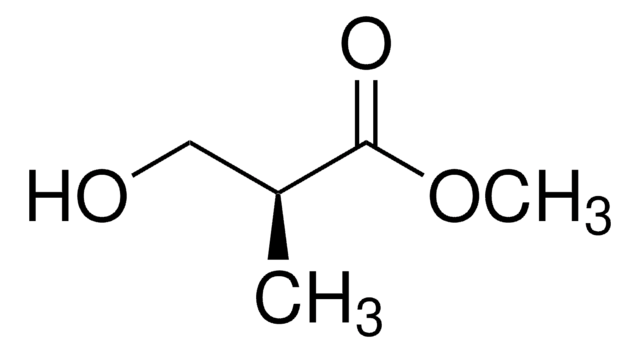471674
(1S,2S)-(+)-2-Amino-1-(4-nitrophenyl)-1,3-propanediol
99%
Synonym(s):
L-(+)-threo-2-Amino-1-(4-nitrophenyl)-1,3-propanediol
Sign Into View Organizational & Contract Pricing
All Photos(2)
About This Item
Linear Formula:
O2NC6H4CH(OH)CH(NH2)CH2OH
CAS Number:
Molecular Weight:
212.20
EC Number:
MDL number:
UNSPSC Code:
12352116
PubChem Substance ID:
NACRES:
NA.22
Assay:
99%
Recommended Products
Quality Level
Assay
99%
optical activity
[α]23/D +31°, c = 1 in 6 M HCl
mp
163-166 °C (lit.)
functional group
amine
hydroxyl
nitro
SMILES string
N[C@@H](CO)[C@@H](O)c1ccc(cc1)[N+]([O-])=O
InChI
1S/C9H12N2O4/c10-8(5-12)9(13)6-1-3-7(4-2-6)11(14)15/h1-4,8-9,12-13H,5,10H2/t8-,9-/m0/s1
InChI key
OCYJXSUPZMNXEN-IUCAKERBSA-N
Looking for similar products? Visit Product Comparison Guide
Storage Class Code
11 - Combustible Solids
WGK
WGK 3
Flash Point(F)
Not applicable
Flash Point(C)
Not applicable
Choose from one of the most recent versions:
Already Own This Product?
Find documentation for the products that you have recently purchased in the Document Library.
High-performance liquid chromatographic determination of chloramphenicol and 2-amino-1-(p-nitrophenyl)-1,3-propanediol in pharmaceutical formulations.
M J LeBelle et al.
Journal of chromatography, 170(1), 282-287 (1979-02-11)
D K Zheng et al.
Yao xue xue bao = Acta pharmaceutica Sinica, 25(6), 430-434 (1990-01-01)
Threo (-) or (+)-1-(p-nitrophenyl)-1,3-dihydroxypropylamine-2 was found to be a useful resolving agent for racemic gossypol. The optical and chemical stability of the condensate of enantiomeric gossypols with the titled amine and the great difference in the Rf values on TLC
Induced synthesis of phosphatases in Anacystis nidulans by p-NO2-phenylserinal.
M L Muñoz-Calvo et al.
The Journal of antibiotics, 33(5), 520-522 (1980-05-01)
D A Pearce et al.
Molecular genetics and metabolism, 66(4), 314-319 (1999-04-07)
The CLN3 gene, which encodes the protein whose absence is responsible for Batten disease, the most common inherited neurovisceral storage disease of childhood, was identified in 1995. The function of the protein, Cln3p, still remains elusive. We previously cloned the
W A Korfmacher et al.
Journal of chromatographic science, 28(5), 236-238 (1990-05-01)
The thermospray (TS) liquid chromatographic-mass spectrometric analysis of the antibiotic chloramphenicol and three related compounds is presented. The three additional compounds are dehydrochloramphenicol, aminodehydrochloramphenicol, and nitrophenylaminopropanediol. Baseline separation of the four compounds is achieved. The TS mass spectrum of each
Our team of scientists has experience in all areas of research including Life Science, Material Science, Chemical Synthesis, Chromatography, Analytical and many others.
Contact Technical Service







